Natural gas in a home - Yes or No way?
The_Lane_Duo
4 years ago
last modified: 4 years ago
Featured Answer
Sort by:Oldest
Comments (67)
Danette
4 years agoleela4
4 years agolast modified: 4 years agoRelated Discussions
Natural Gas Cost For One Hour Furnace Run Time
Comments (2)I take it from all of that you are an engineer...... Thanks for the info....See Morenatural gas vs. propane gas cooktop
Comments (14)dcarch, depending on what you mean by 'old', I am going to disagree. I suppose I may not have found a competent plumber, but I spent hours with appliance guys and Kitchenaid and Google etc. If by 'old', you meant a 1950s stove, then you probably wouldn't even need a plumber. I suspect the same applies if we are talking some nice expensive open burner modern stove. However, if you are talking sealed burner stoves and needing conversion to propane, it is a different story. Unfortunately, other than a modified pressure regulator, the only gas control one has is the orifice for each burner. You will get a propane replacement kit with supposedly appropriate orifices for your burners. If they are not exactly right to give appropriate flame, you need to find other orifices and most specific sizes are not available. There are special micro drill bits that can be used on undersized orifices and it might be possible to find a plumber with such a kit, but perhaps not. In any case, an appropriate flame will not likely be one that would respond to the movement of your burner knob and you may find that max flame could be reached at a half on position. If you can find a stove built for propae it would be a good idea to get it....See MoreNatural Gas Leak in Emergency Shut Off Valve?
Comments (2)Removed old emergency shut off valve and capped the pipe off outside the house. Repressurized the lines inside the house and they held at 15 psi. Replaced the emergency shut off valve and placed it in the off position. Repressurized the guest house lines and everything is holding at 15 psi. I had to get the 1-1/4" valve at a plumbing supply house as Home Depot does not carry them. Moral of the story is these emergency shut off valves can leak internally. As to the question of why I pressurized to 15 psi to test the lines is because most building codes require it or somewhere around this pressure. If it holds at the higher pressure then most likely if will never leak at less than 1 psi. My problem is fixed...I hope this post helps someone else in the future....See Moreconfused on 1000' run of 2psi natural gas line BTU capacity
Comments (2)In this area, all piping before and to the meter is done by the gas supplier. As far as I know, they use 10 PSI to the meter in this area. After the meter and regulator, the PSI is about 1/2. Some gas companies use higher pressures than 10. As you have discovered, pressure is one of the important factors in calculating the size of gas piping....See MoreM
4 years agoAnglophilia
4 years agofunctionthenlook
4 years agoiamtiramisu
4 years agoThe_Lane_Duo
4 years agoLady Driver
4 years agoRobbin Capers
4 years agochispa
4 years agolast modified: 4 years agoworthy
4 years agolast modified: 4 years agoM
4 years agolast modified: 4 years agoD N
4 years agoM
4 years agovinmarks
4 years agoCharles Sweet
4 years agoDavid Cary
4 years agoCharles Sweet
4 years agoL thomas
4 years agofunctionthenlook
4 years agoM
4 years agoSpringtime Builders
4 years agoOne Devoted Dame
4 years agokudzu9
4 years agoOlychick
4 years agokudzu9
4 years agoDavid Cary
4 years agocourse411
4 years agorwiegand
4 years agoL thomas
4 years agoMarta
4 years agoSpringtime Builders
4 years agoworthy
4 years agolast modified: 4 years agokudzu9
4 years agoA Fox
4 years agoSpringtime Builders
4 years agoA Fox
4 years agolast modified: 4 years agoSpringtime Builders
4 years agoOne Devoted Dame
4 years agoA Fox
4 years agoA Fox
4 years agolast modified: 4 years agoOlychick
4 years agokudzu9
4 years agoDavid Cary
4 years agokudzu9
4 years agoA Fox
4 years agomle0782
4 years agoSpringtime Builders
4 years agolast modified: 4 years agoJerrod
4 years agoSpringtime Builders
4 years ago
Related Stories
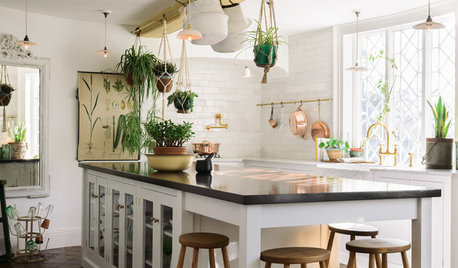
DECORATING GUIDESCreative Ways to Connect Your Home With Nature
Benefit from the calming, restorative properties of the outdoors by bringing natural elements into your home
Full Story
FEEL-GOOD HOME9 Ways to Boost Your Home’s Appeal for Less Than $75
Whether you’re selling your home or just looking to freshen it up, check out these inexpensive ways to transform it
Full Story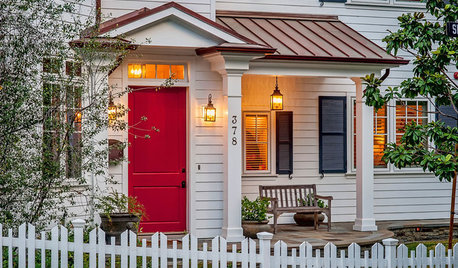
EXTERIORS10 Ways to Bring Charm to Your Home’s Exterior
Give your facade, driveway or garage doors a more appealing look to make a strong first impression
Full Story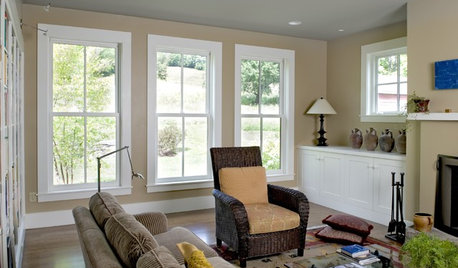
LIGHTINGSo You Bought a Cave: 7 Ways to Open Your Home to Light
Make the most of the natural light your house does have — and learn to appreciate some shadows, too
Full Story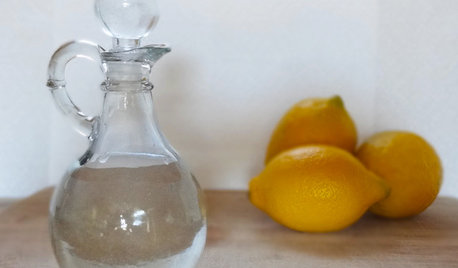
HOUSEKEEPINGVinegar and Voilà: Clean Your House the Natural Way
Ditch the commercial cleaners for nontoxic, inexpensive and versatile white vinegar
Full Story
DECORATING GUIDES11 Wonderful Ways to Use Wool Around the Home
Natural and durable, wool is a stylish and practical choice for upholstery, rugs and bedding
Full Story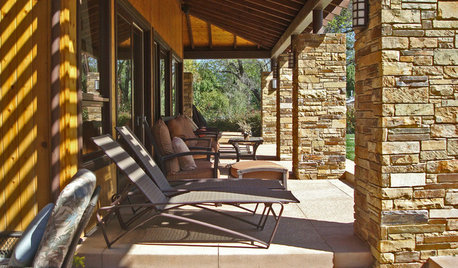
REMODELING GUIDES12 Ways to Add Beautiful Stone to Your Home
Rock Your House or Landscape With an Element From Nature
Full Story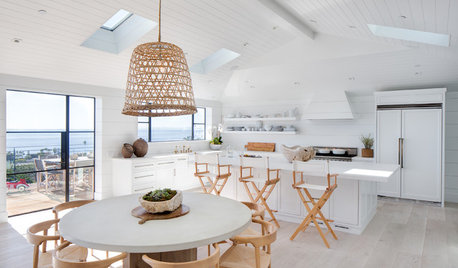
LIGHTING4 Ways to Bring Smarter, Healthier Lighting to Your Home
See how strategies that mimic the rhythms of nature can help bring a sense of wellness to your home
Full Story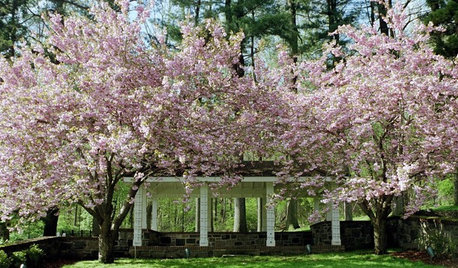
FEEL-GOOD HOME10 Ways to Fight Pollen at Home
Keep sneezing and stuffiness to a minimum by making your house as pollen free as possible
Full Story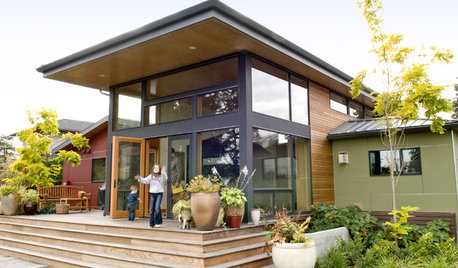
SELLING YOUR HOUSE10 Ways to Boost Your Home's Resale Value
Figure out which renovations will pay off, and you'll have more money in your pocket when that 'Sold' sign is hung
Full Story



cpartist